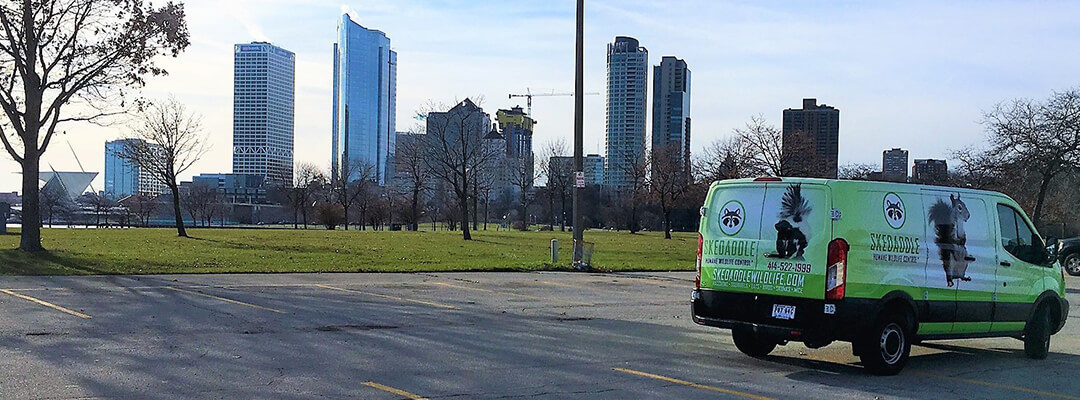


Abstruse Difficult to understand obscure.Johnson, Whangarei, Nortland, New Zealand Absquatulate To discreetly leave a gathering or party without informing the host.Īt the party, I made such a fool of myself that I felt it was best to absquatulate after a half hour.Jennifer's neglect of her pets was abominable and inexcusable. Abominable Loathsome, odious or detestable.I wanted to join the school chess team, but soon realized I was an abecedarian when compared to the current members. Abate Become less intense or widespread.Īfter an hour in the cellar, we breathed easier as the sound of the wind began to abate.Not all these words will make our list of top choices, but there's a great deal of quality here, most are wonderful additions to anyone's vocabulary, and all could use some exercise. Many submissions have been edited for content, grammar and especially for accuracy. You're right - some never have been in fashion, but perhaps they deserve to be. The constant intercourse between the outposts soon made the term familiar to the Federal army also.Here's a list of neglected but eminently useful words that visitors to this site - and we, to be downright honest - would like to bring back into fashion. For an older guess: used even yet by students of Yale College and elsewhere to designate their rooms, or a theatrical or other performance in a public hall, has its origin probably in a corruption of the French cabane, a hut, familiar to the troops that came from Louisiana, and constantly used in the Confederate camp for the simple huts, which they built with such alacrity and skill for their winter quarters. Either or both senses also might be mangled pronunciations of French char-à-banc, a bus-like wagon with many seats. The phrase the whole shebang is recorded from 1869, but its relation to the earlier use of the word is obscure. It is applied alike to a room, a shop, or a hut, a tent, a cabin an engine house." Bartlett's 1877 edition describes shebeen as "A strange word that had its origin during the late civil war. Perhaps it is an alteration of shebeen (q.v.), but shebang meaning "tavern," a seemingly necessary transitional sense, is not attested before 1878 and shebeen seems to have been not much used in the U.S. skedaddle, shoddy), it is of uncertain origin. Civil War, but like much of the soldier's slang (e.g. The word is used throughout the whole Army of the Potomac, and means "to cut stick, "vamose the ranche," "slope," "cut your lucky," or "clear out." ġ862 (Whitman), "hut, shed, shelter," American English slang, popularized among soldiers in the U.S. It is at least an error of judgment, if not an intentional unkindness, to foist "skadaddle" on our Teutonic soldiers. As a noun from 1862, "a hasty flight." For the benefit of future etymologists who may have a dictionary to make out when the English language shall have adopted "skadaddle" into familiar use by the side of "employee" and "telegram," we here define the new term. scaddle 'scare, frighten.'" Related: Skedaddled skedaddling. He calls it instead an "enlargement of dial. Perhaps it is connected to earlier use in northern England dialect with a meaning "to spill, scatter." Liberman says it "has no connection with any word of Greek, Irish, or Swedish, and it is not a blend". There is an earlier use in a piece reprinted in Northern newspapers in 1859, representing Hoosier speech. "run away, betake oneself hastily to flight," American Civil War military slang noted and popularized in newspapers from the summer of 1861, originally often skadaddle, a word of unknown origin.


 0 kommentar(er)
0 kommentar(er)
